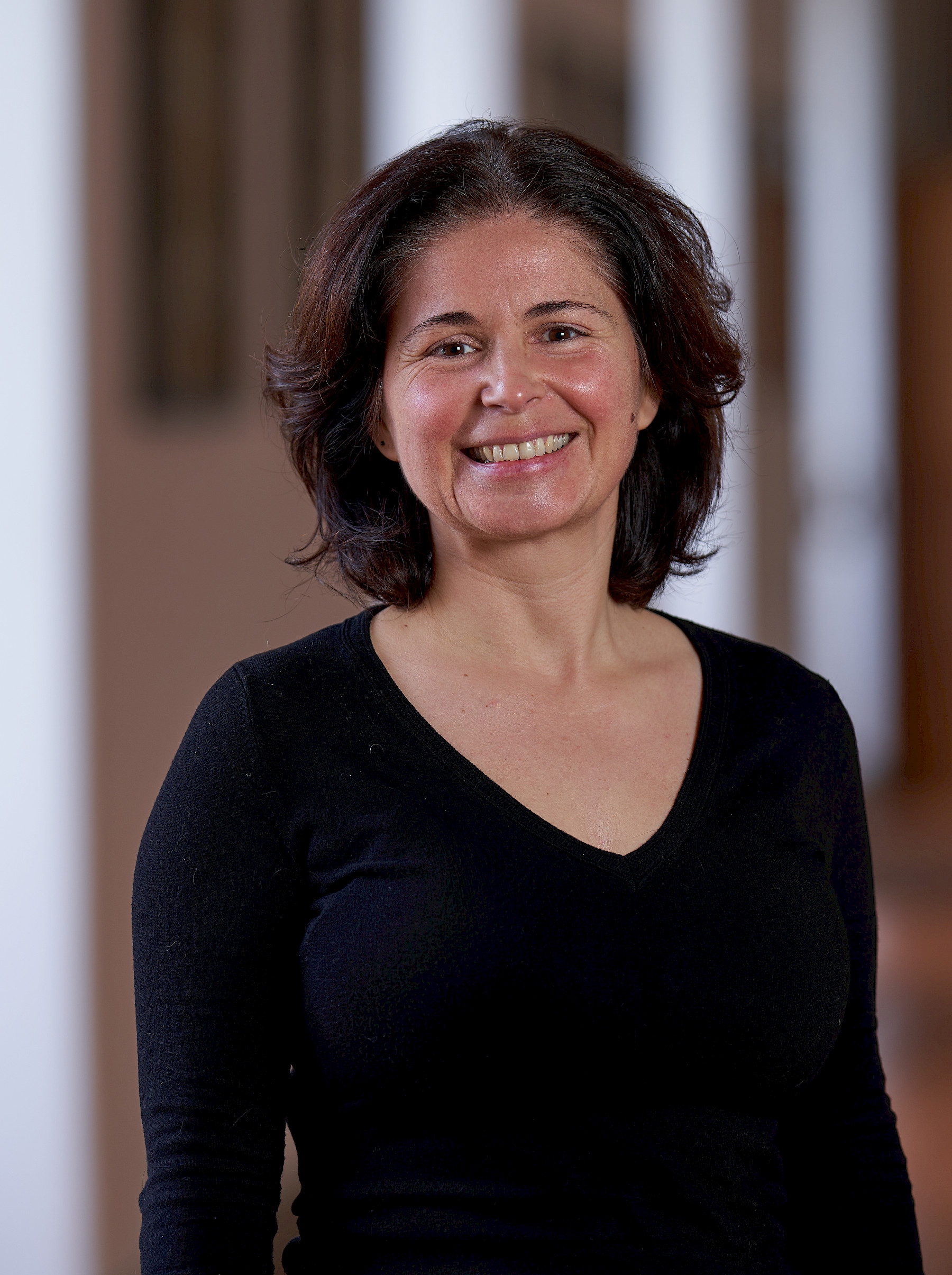University of Coimbra leads European project on honey bee health and sustainable beekeeping
The ‘BeSafeBeeHoney’ Action aims to help implement the ‘Farm to Fork Strategy’, designed to ensure a fair, healthy and environmentally sound food system while safeguarding farmers' livelihoods.
The Faculty of Sciences and Technology of the University of Coimbra (FCTUC) is the leader of the European Cooperation in Science and Technology (COST) Action 'BeSafeBeeHoney: BEekeeping products valorisation and biomonitoring for the SAFEty of BEEs and HONEY', which focuses on honey bee health and support for sustainable beekeeping. The programme will run for four years.
Sara Leston, a researcher at the Centre for Functional Ecology (CFE) of the UC Department of Life Sciences (DCV), is the scientific representative and member of the National Management Committee for this action, which represents a promising interdisciplinary research network of researchers and entrepreneurs.
Leston explains that "the BeSafeBeeHoney project has a strong multidisciplinary approach, bringing together scientific expertise from different fields to generate innovative knowledge. The ultimate goal is to safeguard bee health and promote sustainable beekeeping, especially in the context of climate change", further adding that "The Action will also focus on the recovery and valorisation of honey products from hives and their use to create new sustainable and economic market opportunities. In line with the principles of COST actions, the project will also promote gender equality, women's empowerment and inclusion, as more than half of the project team members are women, young researchers and researchers from several Inclusiveness Target Countries."
The ‘BeSafeBeeHoney’ Action also aims to help implement the ‘Farm to Fork Strategy’, designed to ensure a fair, healthy and environmentally sound food system while safeguarding farmers' livelihoods. "This strategy will cover the entire supply chain of honey and its products, within the framework of the Biodiversity Strategy, designed to protect nature, reverse the degradation of ecosystems and halt the loss of bees, and the Circular Economy Strategy, which includes all measures that promote circular processes and ensure the reduction of waste," she concludes.
Going beyond traditional scientific collaborations, 'BeSafeBeeHoney' brings together researchers and non-scientific stakeholders. Since its inception, 'BeSafeBeeHoney' has grown to 53 Management Committee members and 270 total participants from universities, R&D centres, governmental/intergovernmental organisations, non-governmental organisations (NGOs) and small and medium enterprises (SMEs) from 41 countries inside and outside the European Union (EU).
More information about this COST Action is available here.

